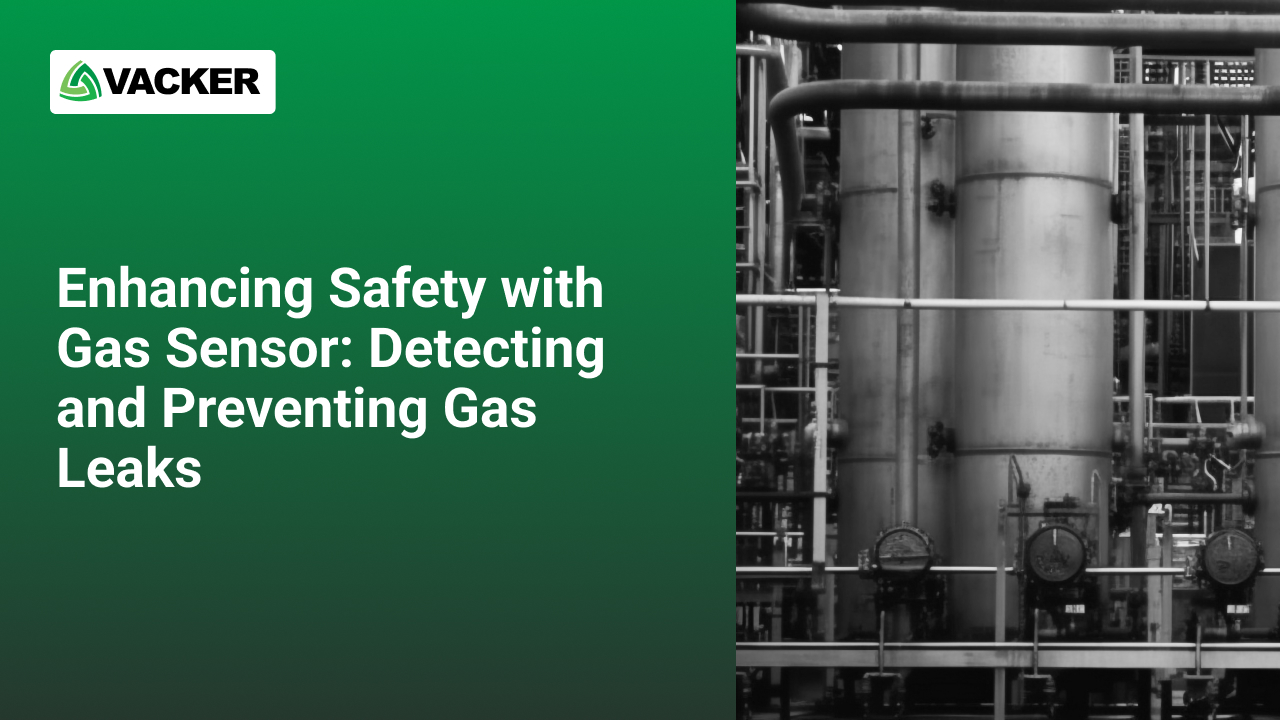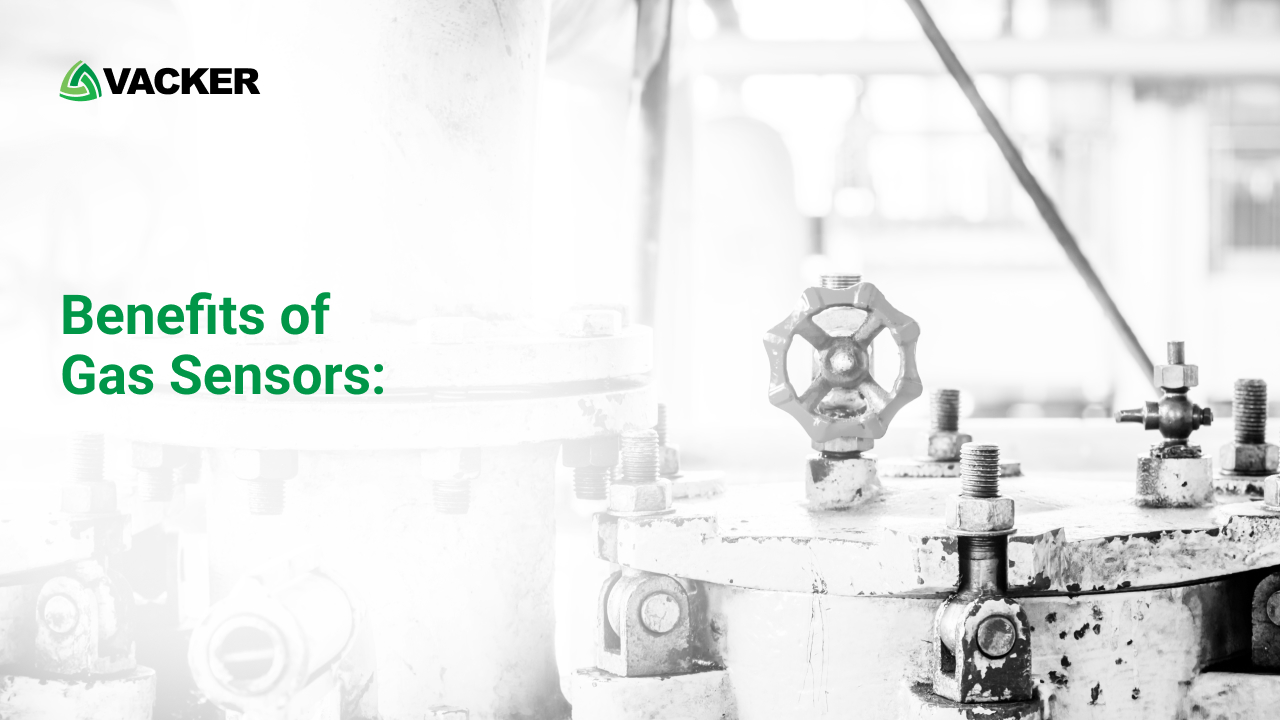Safety is of paramount importance in any environment, and one of the key concerns is the detection and prevention of gas leaks. Gas leaks can occur in various settings, including residential, industrial, and commercial areas, posing serious risks to human health, property, and the environment.
However, advancements in technology have led to the development of gas sensor that play a crucial role in detecting and alerting us to the presence of hazardous gases. In this blog, we will explore the importance of gas sensors, their working principles, and how they contribute to preventing gas leakage.
Understanding the Gas Sensor
Gas sensors are devices designed to detect and measure the presence and concentration of various gases in the surrounding environment. They are typically used to identify potentially harmful gases such as carbon monoxide (CO), methane (CH4), hydrogen sulfide (H2S), and propane (C3H8), among others.
Gas sensors are available in different types, including electrochemical, semiconductor, catalytic, and infrared sensors, each with its specific application and advantages.
Gas Leak Detection
The primary function of gas sensors is to detect gas leaks promptly. When a gas leak occurs, the sensor detects the presence of the gas and generates an electrical signal, which is then processed by an alarm system or control unit.
The alarm system triggers an audible and/or visual alarm to alert occupants of the area about the potential danger. Additionally, gas sensors can be integrated with automation systems to automatically shut off gas valves or initiate ventilation systems to mitigate the risks associated with gas leaks.
Preventing Gas Leakages
Gas sensors not only detect gas leaks but also play a vital role in preventing leakages. By monitoring gas concentrations continuously, they provide valuable information for proactive maintenance and early detection of potential leaks.
inspection and calibration of gas sensors ensure accurate readings, reducing the chances of false alarms or missed detection. This proactive approach allows for timely maintenance and repair of gas systems, minimizing the risk of gas leaks and their potential consequences.
Applications of Gas Sensors
Gas sensors find applications in various sectors, including residential, commercial, and industrial settings –
Residential Applications
Gas sensors are commonly used in homes to detect gas leaks from sources such as stoves, fireplaces, water heaters, and furnaces. Early detection of gas leaks helps prevent fire hazards and protects residents from the harmful effects of gas exposure.
Commercial Applications
Gas sensors are crucial in commercial buildings, where they monitor gas leaks in kitchens, laboratories, and parking garages. By integrating gas sensors with building management systems, prompt detection and response to gas leaks can be achieved, ensuring the safety of occupants and preventing property damage.
Industrial Applications
Gas sensors play a critical role in industrial environments, where the presence of hazardous gases is more prevalent. Industries such as oil and gas, chemical plants, and manufacturing facilities rely on gas sensors to monitor and control gas levels, minimizing the risk of explosions, fires, and occupational hazards.
Benefits of Gas Sensors:
The widespread adoption of gas sensors brings several benefits, such as –
- Enhanced Safety
Gas sensors provide early detection of gas leaks, enabling timely evacuation and preventing potential hazards. They act as an additional layer of protection and reduce the risk of gas-related accidents.
- Environmental Protection
Gas leaks not only pose risks to human safety but also contribute to environmental pollution. Gas sensors aid in identifying leaks promptly, allowing for quick repairs and minimizing the release of harmful gases into the atmosphere.
- Cost Savings
Timely detection and prevention of gas leaks can help avoid costly damages to property, machinery, and infrastructure. By addressing potential issues before they escalate, businesses can save on repair expenses and ensure uninterrupted operations.
Gas sensors and gas leak detection systems are critical for ensuring safety in any facility that uses or stores gas. Gas leaks can be dangerous, leading to explosions, fire, asphyxiation, and even death. By taking steps to prevent gas leaks and having reliable gas sensors and leak detection systems in place, we can help prevent accidents and protect human life and the environment. Check out various gas sensors available with Vackerglobal which helps to detect gas leaks.





Leave a Reply